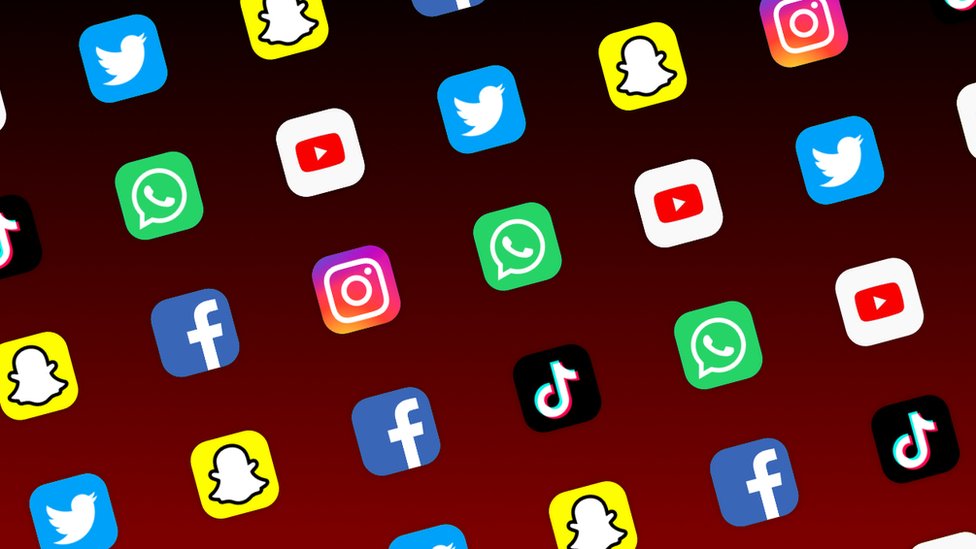 Social media has become an integral part of modern life, and it has the potential to bring people together and facilitate communication and connection. However, there is also evidence that social media can have negative effects on mental health and well-being.
Social media has become an integral part of modern life, and it has the potential to bring people together and facilitate communication and connection. However, there is also evidence that social media can have negative effects on mental health and well-being.
One of the main harms of social media is the potential for increased feelings of loneliness and isolation. Studies have found that excessive use of social media can lead to feelings of loneliness and disconnection, particularly if it replaces face-to-face social interactions. This can be particularly problematic for people who are already at risk of social isolation, such as the elderly or those who live in rural areas.
Another harm of social media is the potential for distorted body image and self-esteem. Social media is filled with carefully curated and often idealized images and profiles, which can create a distorted sense of reality and lead to feelings of inadequacy or self-doubt. This can be particularly harmful for young people, who may be more vulnerable to these types of negative influences.
In addition to the effects on mental health, social media can also have negative impacts on relationships. Research has found that social media can contribute to relationship conflicts, as people may feel jealous or threatened by the interactions and relationships of their partners on social media. It can also lead to a decrease in real-life social connections, as people may rely on social media for social interactions rather than forming and maintaining face-to-face relationships.
Social media can also be a source of cyberbullying and online harassment, which can have serious and lasting effects on mental health. Cyberbullying can take many forms, such as spreading rumors or posting hurtful comments or images online, and it can be particularly damaging for young people who may be more vulnerable to these types of attacks.
Finally, social media can contribute to a constant pressure to be “connected” and “on” all the time, leading to increased stress and burnout. The constant notifications and the pressure to respond to messages and updates can lead to a feeling of being overwhelmed and a lack of personal boundaries.